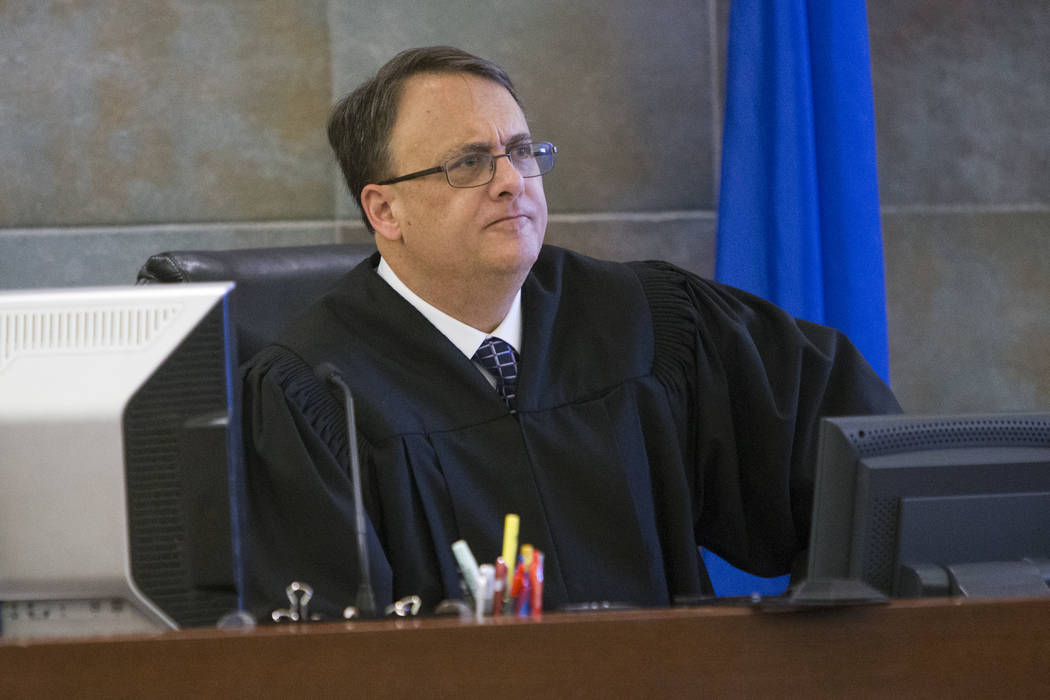
State District Judge Richard Scotti issued his order attempting to stop news coverage of the autopsies of the Oct. 1 Las Vegas concert shooting at the same time that the movie “The Post” is in theaters.
That movie made the case that prior restraint of the media is almost unheard of and even, as I recall, that the Pentagon Papers case was the first instance in U.S. history of prior restraint of a newspaper.
I’m skeptical of these kinds of assertions. Prior restraint (government acting in advance to stop publication of content) may not have gotten a lot of attention in the early years of the republic, but I’ll bet it happened. It fits the behavior of some judges. Besides, it still happens, as Las Vegas has shown. And it happened to me.
“Congress shall make no law … abridging the freedom of speech, or of the press,” reads the United States Constitution. It allows no exceptions, but judges claim to have carved some out, anyway.
In 1979, a writer for Progressive Magazine wrote an article describing, from information found in public documents, how to build a hydrogen bomb. The magazine wanted to demonstrate how loosely such information is held, available to thee and me. The feds found out about the plan and obtained a temporary injunction against publication of the article.
In a case that dragged on from March to September, a group of scientists wrote a letter of concern about the case in June. The Department of Energy responded by classifying the letter secret. In August, a California researcher wrote another letter, part of which was published by a newspaper, whereupon the DOE classified it and obtained a temporary restraining order against its publication. Another newspaper ignored the DOE and published the letter.
The Progressive article was eventually published, but officialdom succeeded in suspending the First Amendment for weeks on end with classification, injunction, and a TRO.
In 1990 after I shot some footage of lawyer William Crowell and his client Ron Bommarito through a Douglas County courthouse glass wall and Bommarito made an obscene gesture at the camera, Crowell told Judge Norman Robison inaccurately that the footage breached attorney/client communication and Robison, without inquiring into the facts, ordered me not to broadcast the footage.
Robison, after checking the law, discovered he had no authority to issue the order and withdrew it. But for a day and a half our television station was without First Amendment rights.
In 1990, when tapes made by federal officials between drug defendant Manuel Noriega and his attorney were leaked to CNN, the judge in the case issued a gag order against the network broadcasting them. CNN did it anyway and was held in criminal contempt of court and later paid $85,000 to the government. CNN got information to the public, but it paid a price.
Dennis Myers is an award-winning journalist who has reported on Nevada’s capital, government and politics for several decades. He has also served as Nevada’s chief deputy secretary of state.